
The History of Marijuana Legalization
Marijuana cultivation in The United States dates back to the 1600s. Colonists grew a certain type of hemp known as cannabis.
The American government encouraged settlers to grow hemp at that time. The crop was used to make rope, clothing, and sails.
Up until the Civil War, the domestic growing of hemp flourished. However, after the war, hemp was imported instead.
By the end of the 1800s, marijuana was being used as a medical product. Americans could purchase remedies that contained marijuana in drug stores.
In 1910, after the Mexican Revolution, Mexican immigrants brought recreational marijuana with them when they flooded across the border into the USA.
This gave rise to fear of the drug trade and drug gangs. Anti-drug campaigns warned against a "Marijuana Menace".
In the 1930s, during the Great Depression, many were unemployed. Fear of and resentment toward Mexican immigrants escalated. Governments and the public were so concerned about the potential problems associated with marijuana that twenty-nine states voted to outlaw marijuana.
In 1937, Congress passed the Marihuana Tax Act. This act placed a tax on the sale of marijuana. According to the terms of the act possession and sale of marijuana became illegal. Medicinal use of marijuana was legal but there was a very expensive tax on it. Those who grew, imported, distributed, or prescribed marijuana had to pay a tax. Extensive record-keeping was required for the sale of medicinal marijuana.
Some contend that the act, in effect, criminalized the use of, production of, and sale of marijuana. Some saw the act as a way to cut the production of hemp that was, by then, being used as a cheaper paper product than pulp.
Others argued that the tax was necessary to curtail the negative effects of marijuana use. They believed that marijuana affected brain function and caused an increase in violence and crime.
Not everyone believed marijuana had harmful effects. The New York Academy of Medicine issued an extensive report dispelling the negatives of marijuana use. Their report said that marijuana did not increase violence or insanity. They also stated that its use did not lead to drug addiction nor did it lead to the use of harder drugs like heroin or cocaine.
World War II saw a resurgence in the production of hemp. The U.S. Department of Agriculture encouraged farmers to grow hemp. It was used for such military gear as marine cordage and parachutes. The "Hemp for Victory" campaign registered 375,000 acres of hemp fields in the United States.
By the 1950s, federal laws enforced mandatory sentences for drug-related offenses. However, by the 1960s more lenient attitudes towards marijuana were in place.
By 1970, Congress had repealed mandatory penalties for drug-related offenses. In 1972, the Shafer Commission determined that personal use of marijuana should be decriminalized.
In 1976, a parent's movement against marijuana led to the 1980s War on Drugs with mandatory drug sentences re-enacted.
By the mid-1990s there was a major shift in public perception of marijuana. In 1996, California passed Proposition 215 allowing for the sale and medical use of marijuana.
Today, thirty states have legalized the medical and/or recreational use of marijuana.
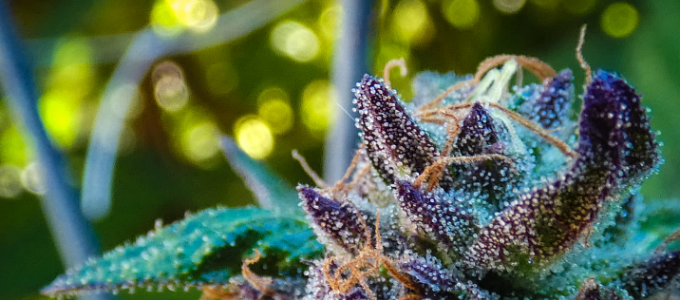
Street Prices
Once known as black market prices, street prices are what you would pay when buying marijuana from someone who is not a licensed dealer.
Street Quantities and Quality
As expected, there is a wide variation in quality when you purchase marijuana from a street source.
Advantages of Street Purchases
While you need to do your research before purchasing marijuana from a street source, you are not limited in the quantity you purchase. You may also be able to find good deals. In states and countries where marijuana is now legalized, street prices have reportedly dropped to less than half of those of licensed dispensaries. When you buy on the street, there is even some room to haggle over prices.
But when purchasing from a street source, it’s buyer beware. There is no guarantee of quality.

Factors that Affect Street Purchases
With street prices, it’s a law of supply and demand. Since licensed dispensaries opened, many who bought on the street aren’t doing so anymore. Thus, independent marijuana sellers have been forced to drop their prices.
With street purchases, there is also a wide variation in prices from one location to another.
Dispensary Prices
To run a legal dispensary, vendors must be licensed. There are also strict guidelines about quality and pricing. Buyers pay a sales tax of approximately 15% when they purchase from a dispensary.
In a dispensary, you can expect to pay an average of $9.99 per gram. The street price for a similar amount might be less than $6.40. That’s a saving of over thirty-five cents per gram.
Dispensary Quantities and Quality
Most dispensaries are clean, pleasant places. They often have knowledgeable staff happy to help you choose a product. Many dispensaries also run educational programs.
Advantages of Dispensaries
A CTV News report contends that the legalization of marijuana has driven up prices.
Dispensaries are eager to match the product you purchase to your goals. They encouraged you to ask questions and to learn about their many products. Their aim is to nurture return business.
Factors that Affect Dispensary Costs
-
Product Type and Quality
The brand of the product may affect its price. Other factors include the amount of THC in the product. Cost may also be determined by how it is produced. Growing and drying processes can affect the quality of the weed.
-
Supply and Demand
The degree of demand and the amount of marijuana available greatly affects the pricing of marijuana. If the supply is low and/or demand is high, then the cost of marijuana will increase.
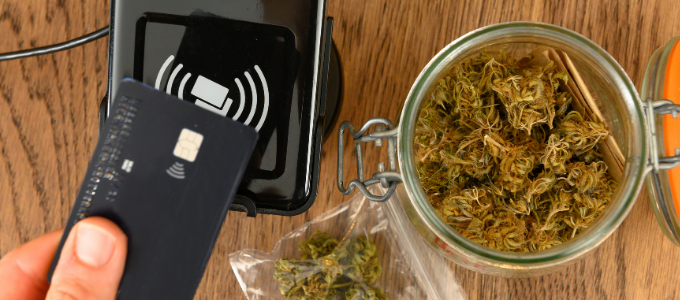
How Dispensary Prices and Street Prices Regulate Each Other
Street prices can affect the pricing of dispensary marijuana. Street sellers can undercut the prices of legal dispensaries because they do not have the overhead of a store. They also do not have to buy a license and charge sales tax.
Once dispensaries of legal marijuana cropped up, street prices dropped as buyers were lured to dispensaries by guarantees of safety and quality of the product.
Why Buy Through Cannasaver?
Cannasaver and is the best option for getting the best weed deals anywhere. Dispensaries have some great options as far as all cannabis products are concerned and unlike the days where you used to have to buy from the street, you actually know what you’re getting. If prices seem a little high, check out our deals and save on flower, concentrates, edibles, and more!
Continue Reading



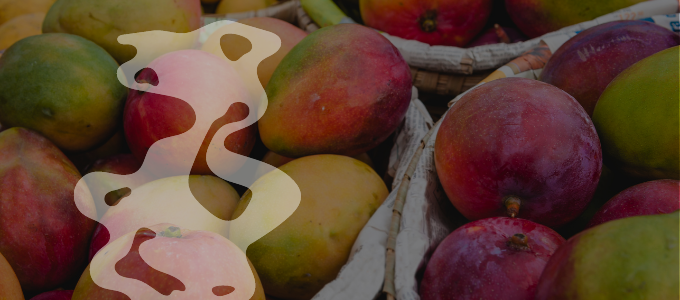
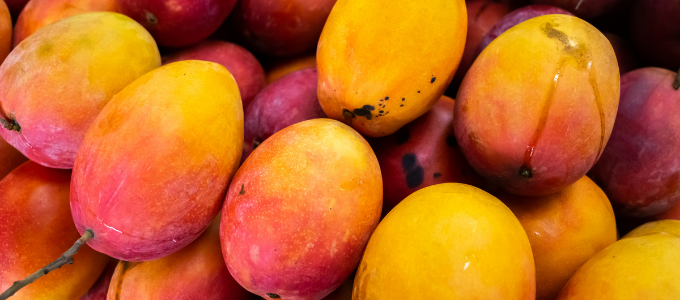
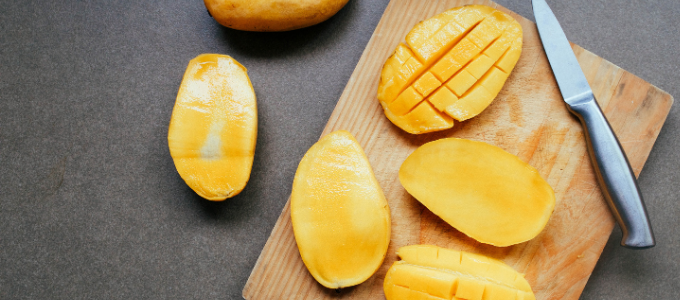

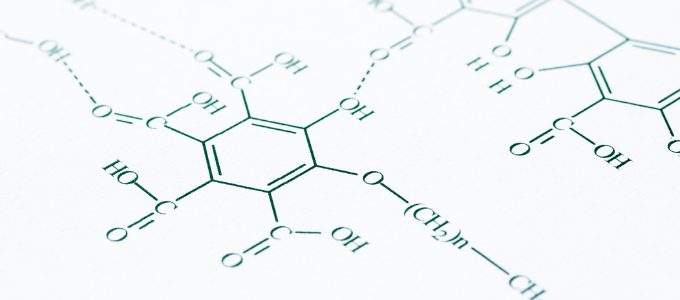
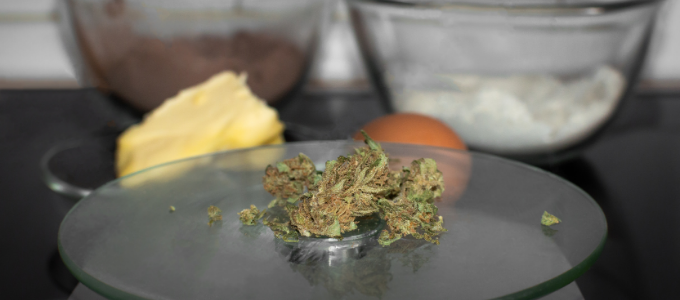


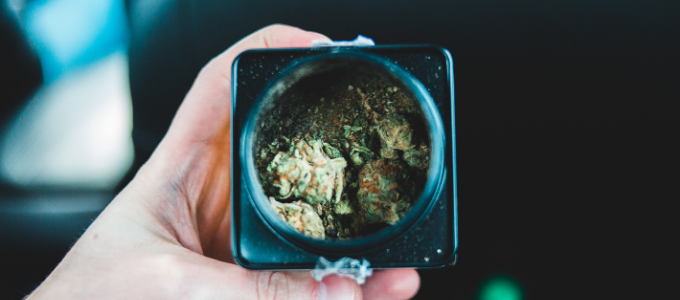
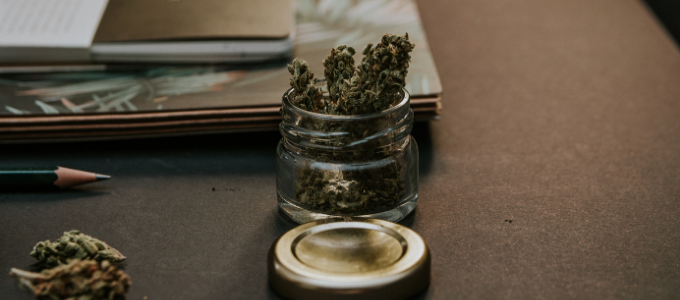
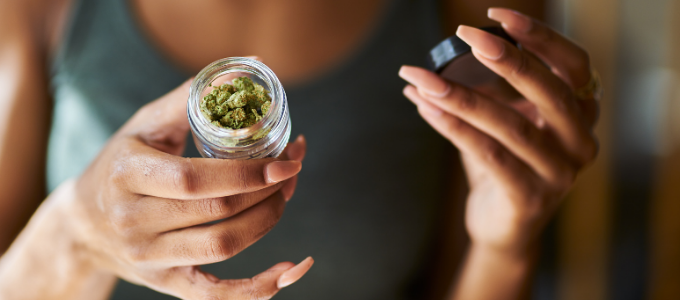

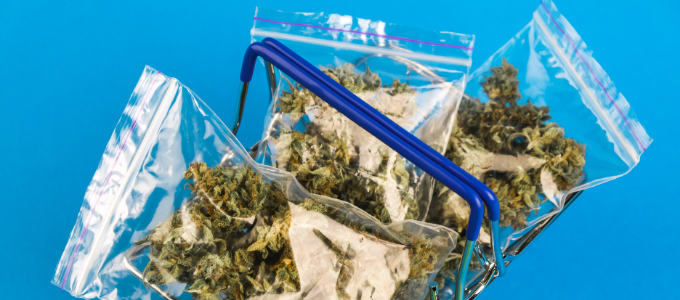
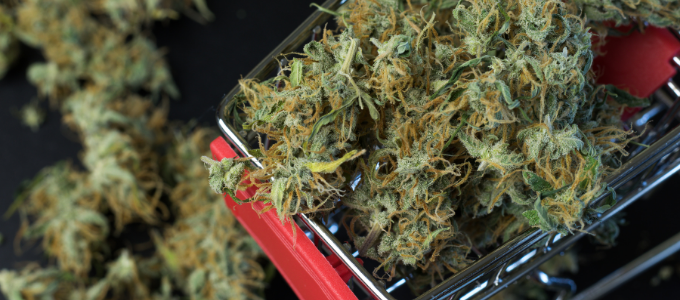
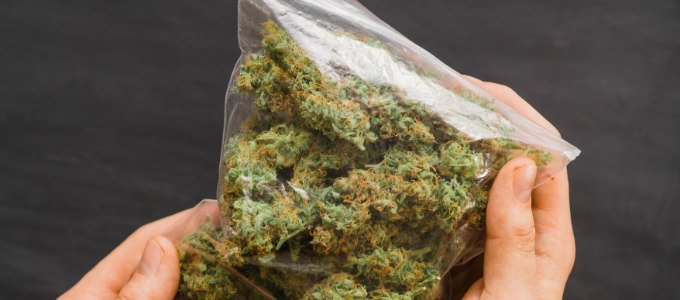

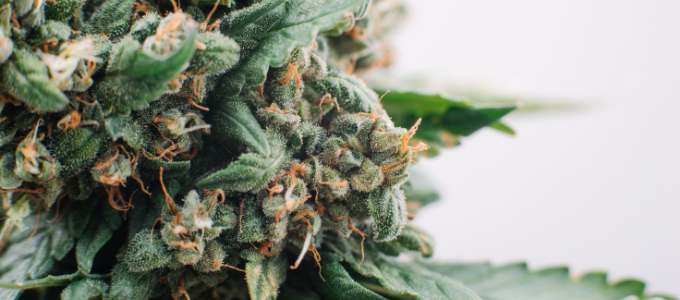
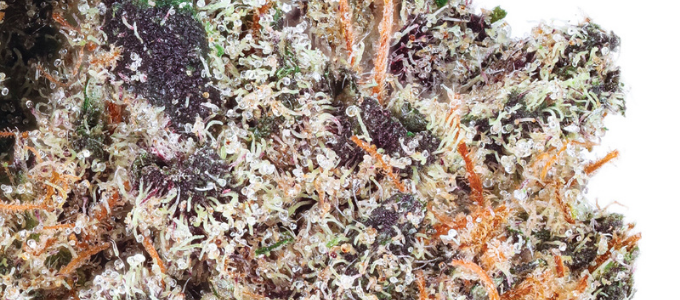
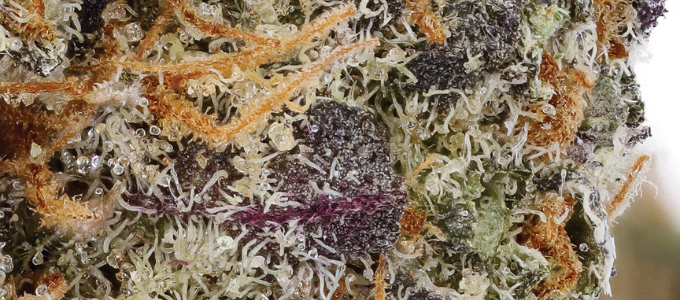

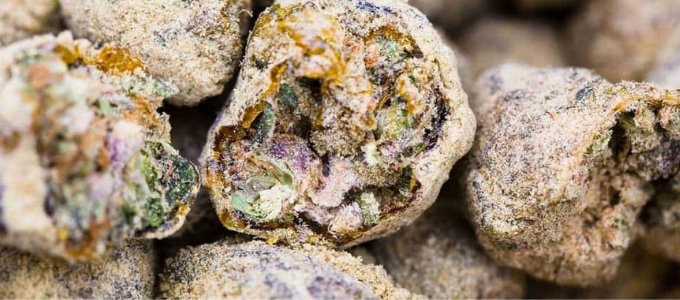
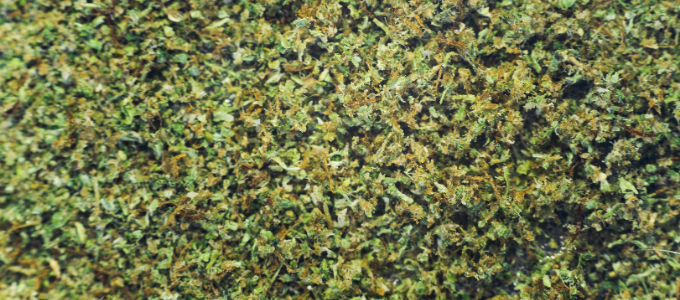
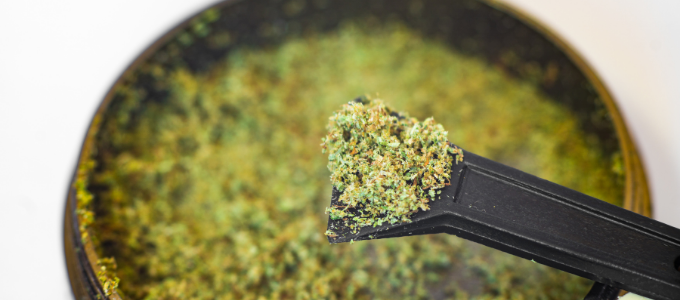

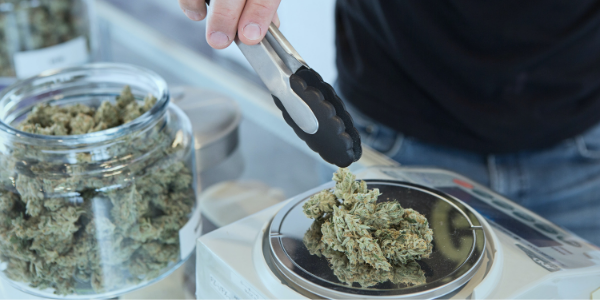
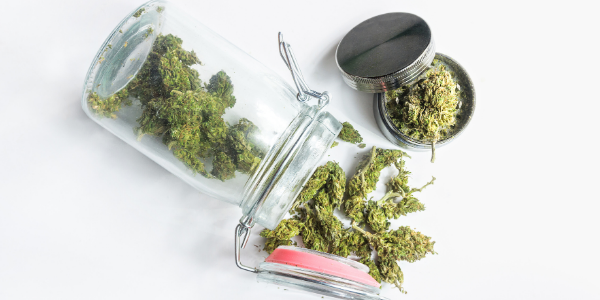
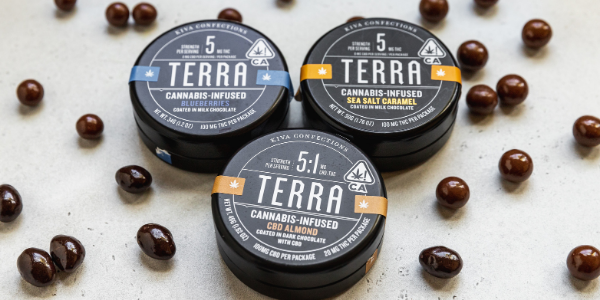
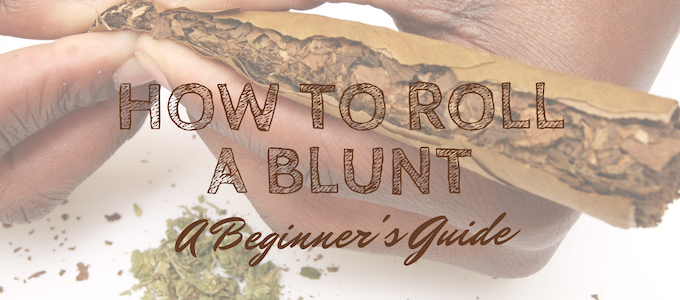



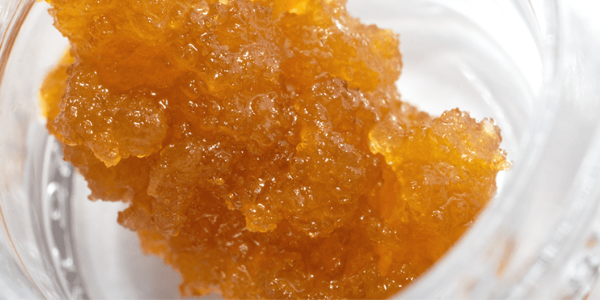
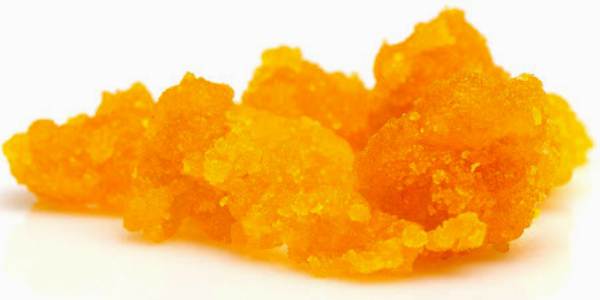
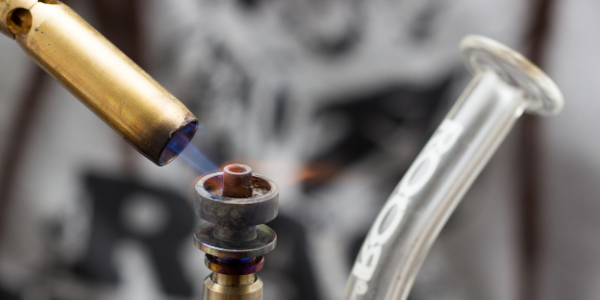






![(each) THC Rich Mint [30mL] Tincure (each) THC Rich Mint [30mL] Tincure](/rails/active_storage/representations/proxy/eyJfcmFpbHMiOnsiZGF0YSI6MTM4ODExMywicHVyIjoiYmxvYl9pZCJ9fQ==--63b06904b8bec272d42c4411d24d7250bc99f43f/eyJfcmFpbHMiOnsiZGF0YSI6eyJmb3JtYXQiOiJqcGVnIiwicmVzaXplIjoiNDYyIHggMzE1IiwiY29udmVydCI6IndlYnAifSwicHVyIjoidmFyaWF0aW9uIn19--ec16dfdba4bfa2885716a685324bbb155d297de3/440507419_image.jpeg)







